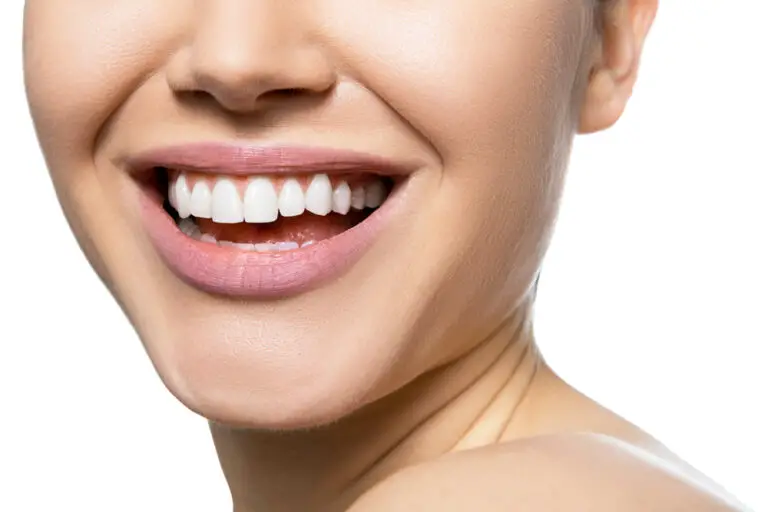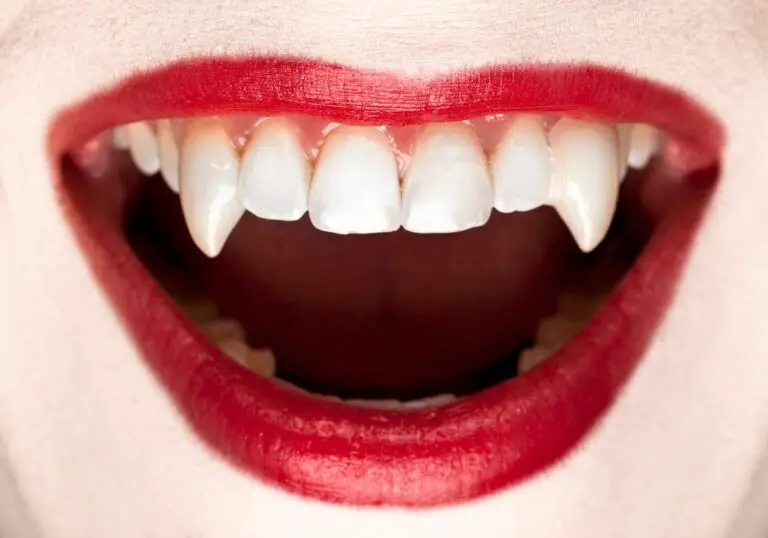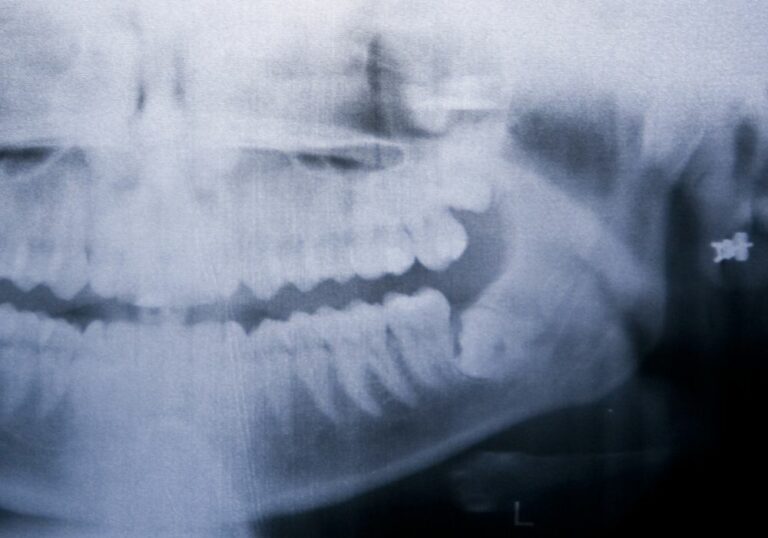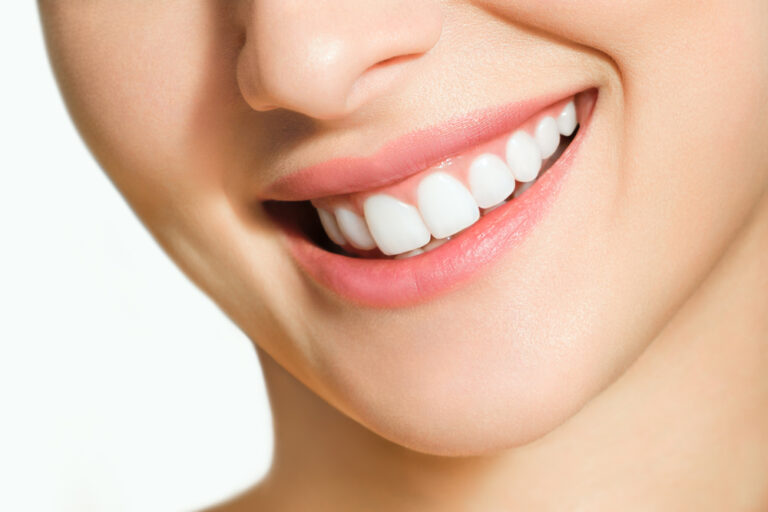Have you noticed a widening gap between your teeth and gums? If you have, you are not alone with this dental issue. In the United States, over half of the population aged thirty or over have gums that are receding to some extent. In some people, gum recession can start as early as in their teens.
While you should always arrange an appointment with your dentist to get a professional to assess the condition, you can apply some home remedies, too. In this article, we share with you how to fill a gap between teeth and gums naturally. They can also help prevent the issue from becoming worse while you wait to see a dentist.
What is Gum Recession?
If the gum around your teeth has pulled back below the margin or it has worn off, you have gum recession, also known as gingival recession. As the gum pulls back, it leaves more of the tooth visible. If not treated, the condition will create pockets between teeth and gums and expose teeth and their roots to bacteria, infections, and injury.
At first, it may be difficult to notice gum recession as it happens so gradually. This is why regular dental appointments are important because your dentist will be able to identify receding gums before you start to experience symptoms.
Symptoms of Receding Gums
The first symptom most people notice is tooth sensitivity because the physical changes, which happen very gradually, are difficult to detect. However, by the time most people develop tooth sensitivity, it is often possible to notice visual changes, too. So if you have sensitive teeth, check your teeth carefully to see if they seem bigger than before.
What Are the Causes of Receding Gums?
Gum disease can cause gum recession but it is not the only reason you might get receding gums. Periodontal diseases, such as bacterial infections can cause your gums to recede. In addition, they can damage the bone that supports your tooth as well as cause other oral health issues.
Poor dental hygiene can lead to gum recession. If you do not brush your teeth regularly, it can lead to a buildup of plaque. This may cause calculus, which is a hard substance that can cause gum recession, to form on your teeth. Too aggressive brushing can also cause receding gums as it will damage the tooth enamel.
For some people, it is in their genes, while for others the dental problem is caused by a hormone imbalance. Smoking will increase the risk of receding gums as it causes plaque to stick to the teeth more easily. Grinding or clenching your teeth may also increase the risk of gum recession. Tongue and lip piercings have also been linked to an increased risk.
How to Fill the Gap Between Teeth and Gums Naturally
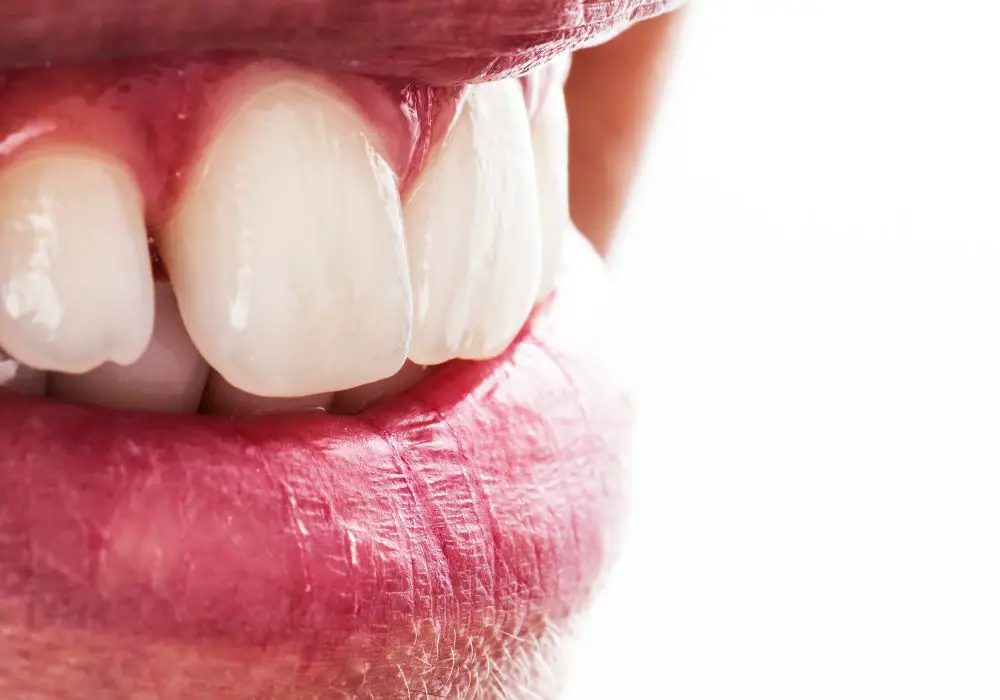
If gum recession is not addressed, it may lead to tooth loss and other oral health issues, and even affect your overall health. Luckily, it is possible to treat receding gums with ingredients most people will already have at home.
However, home remedies should not replace professional medical treatments. Therefore, as well as using natural remedies, you also need to see a dentist. They will be able to prevent the recession from becoming worse and treat the symptoms.
Below you can read about different remedies you can try at home.
Cleaning With Oil
Oil pulling is a traditional way to treat receding gums and gingivitis, and to remove plaque and food debris from your mouth. You will need sesame oil for this method. You can also use coconut oil as long as it is high-grade oil.
Put a tablespoon of the oil in your mouth and swish it around as you would do with mouthwash. Ensure you pull the oil between the teeth to remove debris from the gaps. You will need to swish it around for twenty minutes. Spit the oil out and rinse with warm water. Finish by brushing your teeth.
Rinse With Salt Water
Salt is antibacterial and can be used to kill bacteria in your mouth. It is also useful if you need to soothe swollen and painful gums. To rinse your mouth with salt water mix one teaspoon of salt with warm water in a cup. Take a mouthful of the mixture and rinse for thirty seconds. Spit out the mixture. Repeat the rinse two or three times per day.
Apply Eucalyptus Oil
Eucalyptus oil is naturally anti-inflammatory and it can kill bacteria on and around your teeth. It may not only treat your gums but can also promote tissue growth and prevent oral diseases. Dilute a drop of eucalyptus oil in a tablespoon of water. Soak your finger or toothbrush in the oil and apply it to the gums using a gentle massaging motion.
Treat With Peppermint Oil
Peppermint essential oil is another oil that can be used to treat receding gums. It can prevent the growth of micro-organisms in the mouth that can cause gum recession. Use it in the same way as eucalyptus oil by applying it diluted with water straight to the gums.
Drink Green Tea
While you may not like the taste of green tea, drinking it may help reverse gum recession. It has antioxidants that help fight free radicals that can lead to periodontal disease. The antioxidant, catechin, can also strengthen the bond between teeth and gums. Drink one cup every morning to treat gum recession.
Aloe Vera Gel
Aloe vera is known as a beneficial herb and is particularly popular in skin care. However, it can also be used to treat receding gums because it has repair, antibacterial, and anti-inflammatory properties.
You can use it in two ways. The first is to brush your gums and teeth with aloe vera gel. First brush and floss normally, then apply the gel and brush your teeth and gums again. Finish by rinsing your mouth thoroughly. The other method is to dilute some gel in warm water and use it as a mouthwash after brushing your teeth.
There is also a third way to use aloe vera but it is not a home remedy. Medical aloe vera can be injected into the gum to improve gum tissue. However, this treatment should only be carried out by trained medical professionals.
How Will a Dentist Treat Receding Gums?
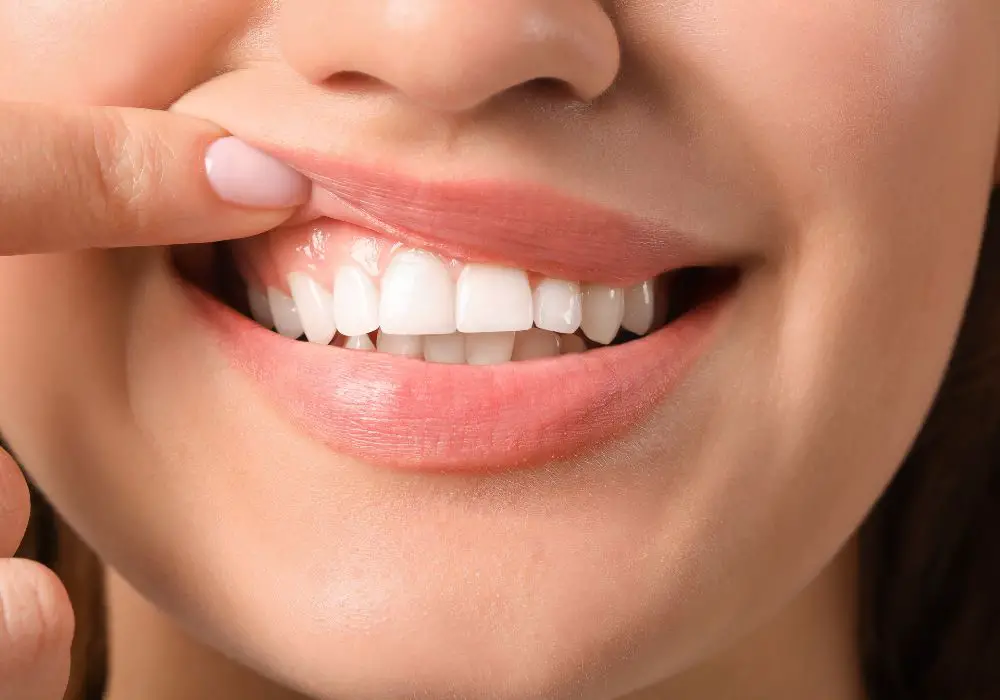
Depending on the extent of your gum recession, your dentist will have different ways to treat the gums.
Root Planing and Tooth Scaling
When the issue is noticed early, your dentist may be able to treat it with scaling and root planing where plaque and calculus are removed from teeth and below the gum line. It is a non-surgical procedure performed using dental scalers that will leave your teeth clean and more resistant to gum recession.
Flap Surgery
During a flap surgery procedure, your dentist will lift your gums to clean out the bacteria. When the bacteria have been removed, they will place the gums back on the teeth. The gum line may appear shorter after surgery because it fits your teeth more closely.
Gum Tissue Graft
In more severe cases, your dentist may need to carry out a tissue graft on your gums. During this oral surgery, tissue is taken from the roof of the mouth and attached to the gum line. It is used to cover the roots that have been exposed by the receding gums. When your mouth has healed from the graft, the gums will be back at a healthy level.
Bone Regeneration
If your jaw and teeth bone has been affected by the gum recession, you may need to have bone regeneration. During the treatment, the dentist will apply a protein to stimulate the regrowth of lost tissue.
Preventing Receding Gums
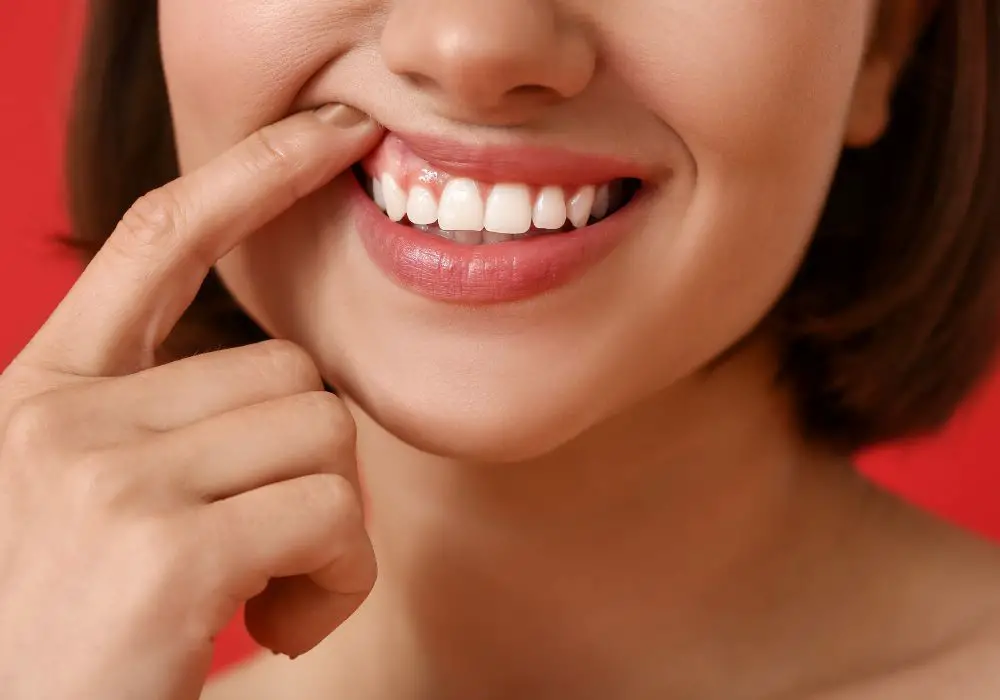
The most effective way to prevent receding gums is to practice good oral hygiene. Brush your teeth twice a day and floss once a day. You also need to see your dentist for regular checkups. Depending on your oral health, it could be once or twice a year. Do not skip the appointments as they help to detect issues early.
You also need to pay attention to the toothbrush you use and your brushing technique. Your toothbrush should have soft to medium bristles and changed every three months. Brush your teeth gently as aggressive brushing can cause your gums to recede. Consider getting an electric toothbrush that warns you if you apply too much pressure.
Conclusion
Many people suffer from gum recession, which if left untreated can cause tooth sensitivity, severe pain, bone loss, periodontal diseases, and even affect overall health. You can prevent and treat receding gums with a range of home remedies and good oral hygiene habits.
However, it should be remembered that home treatments need to be combined with proper dental treatments to prevent the issue from becoming worse and to treat the pain. It is also important to keep all your regular dentist appointments so issues can be spotted early.

